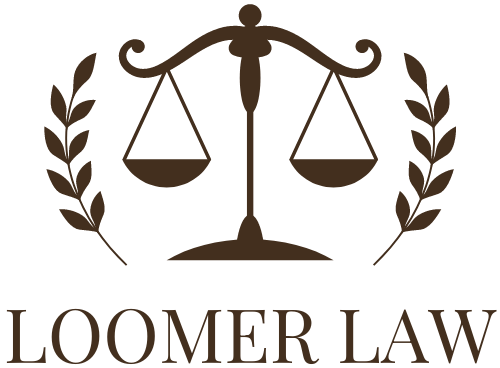Avoiding Conflicts of Interest as a Fiduciary: A 2025 Guide
What Is a Fiduciary and Why Does It Matter?
A fiduciary is someone who manages another person’s money, property, or financial affairs with the highest level of care, honesty, and loyalty. Whether acting as a trustee, executor, financial advisor, or guardian, a fiduciary is legally bound to prioritize the interests of the person or organization they serve over their own.
However, issues arise when a conflict of interest occurs—when the fiduciary’s personal interests interfere with their duty to act solely in the best interest of the beneficiary. Avoiding these conflicts is critical to maintaining trust, integrity, and legal compliance.
What Is a Conflict of Interest?
A conflict of interest happens when a fiduciary has personal, financial, or outside pressures that might influence their decision-making. This can lead to unethical or even illegal actions that put the fiduciary’s interests ahead of the beneficiary’s well-being.
Here’s a simple example:
Imagine Sarah, a trustee managing a trust for her nephew, James. Sarah is supposed to invest and manage James’s assets wisely. However, Sarah also owns a small business that is struggling financially. If she decides to “borrow” money from James’s trust to support her business—even with plans to pay it back—this is a clear conflict of interest. She is using James’s money for her personal gain, which violates her fiduciary duty.
Common Examples of Conflicts of Interest
Conflicts of interest can take many forms, including:
✅ Self-Dealing – Using trust assets for personal benefit.
✅ Favoritism – Prioritizing one beneficiary over another for personal reasons.
✅ Personal Loans – Borrowing from a trust or estate you manage.
✅ Undisclosed Business Interests – Investing trust funds into businesses where you have personal stakes.
✅ Improper Gifts or Payments – Accepting personal gifts or compensation from beneficiaries or third parties.
These actions not only break fiduciary laws but can also lead to legal consequences, financial penalties, and removal from your fiduciary role.
How Fiduciaries Can Avoid Conflicts of Interest
To ensure ethical fiduciary management, it is important to take preventative steps to avoid conflicts of interest:
✔ Full Transparency – Keep clear records and disclose any potential conflicts to beneficiaries and legal authorities when necessary.
✔ Avoid Mixing Assets – Keep trust, estate, or client assets completely separate from personal finances.
✔ Follow Legal and Ethical Guidelines – Adhere to all state and federal fiduciary laws and seek professional guidance when unsure.
✔ Obtain Court or Beneficiary Approval – Before making any major financial moves that could raise concerns, obtain written consent or legal approval.
✔ Consult a Fiduciary Attorney – Legal advice can help you navigate tricky financial situations and ensure full compliance.
Why Avoiding Conflicts of Interest Matters
When fiduciaries act with integrity and transparency, they protect the trust and financial well-being of the individuals they serve. Maintaining ethical standards builds confidence among beneficiaries, reduces the risk of legal action, and ensures the fiduciary’s reputation remains intact.
By staying aware of potential conflicts and following best practices, fiduciaries can uphold their legal obligations and provide responsible, ethical management of assets.
💡 Need Fiduciary Guidance? If you have questions about your fiduciary role or need legal advice, consulting an experienced fiduciary attorney can help you navigate your responsibilities effectively!
*This blog post is for informational purposes only and does not constitute legal advice; please consult a qualified attorney for guidance on your situation.
©Laurel Loomer, 2024



